
Co-Owner Property Disputes in India: Solutions & Legal Advice
Sometimes, people own a house or land together, like brothers, sisters, parents, or friends. But owning property together can lead to fights. Maybe one person uses the house more, someone else wants to sell it, or they argue about money. Let’s understand it in simple words and learn how you can solve such problems in India.
What Are the Rights of Co-Owners?
Regardless the amount each co-owner has paid, if both of them own a property, both have equal rights over the premises and can use as they wish. These rights are included within the Transfer of Property Act of 1882 and the Indian Succession Act of 1925.
Right to use the property: Every co-owner can live in or use the whole property.
Right to ask for division: If one person doesn’t want to share anymore, they can ask for their part to be separated.
Right to sell their part: A co-owner can sell only their own share, not the entire property.
Right to earn from it: If the house is rented out or earns income, each person should get their fair share.
What If Co-Owners Start Fighting?
If you can't agree with your co-owner, there are some ways to fix the issue through the law.
Go to Civil Court: You can file a partition case (Section 9, Civil Procedure Code). This means you ask the judge to divide the property or sell it and split the money.
Stop illegal action: If one owner tries to sell the property without telling the others, you can ask the court to stop them using an injunction (an authoritative warning or order).
Claim lost income: If someone uses the whole property and doesn’t share rent or money, others can ask for that missing money. This is called mesne profit.
Fix paper problems: If any property papers are fake or unclear, the court can help correct them so no one cheats the others.
How you can solve such matters without courts involvement
Court case might trouble you financially and mentally, to avoid it, we have some better ways to solve it.
Mediation: Contact a legal expert and close family relative (called a mediator) who helps you talk and find a fair solution.
Arbitration: If your agreement has an “arbitration clause”, you can go to an expert who listens to both sides and makes a decision that everyone must follow.
Family Settlement: Families can write and sign a simple agreement about who gets what. It avoids court and saves relationships.
Lok Adalat: These are people’s courts where both parties agree to settle. The decision is quick, cheap, and final.
How to Avoid Property Fights?
Write everything down: Make a clear, signed agreement when buying property together. It should say who owns how much, who pays what, and who can make decisions.
Mention problem-solving methods: Include mediation or arbitration in your agreement, so court is your last option.
Keep documents updated: Whenever something changes, like one person selling their share, update it in the records.
Other Important Points You Should Know
Is mediation final in India? Yes, if both parties agree and sign, it becomes legally valid.
Does RERA help with all co-owner issues? No, RERA mainly deals with builder-buyer disputes, not family or co-owner problems.
Do you pay tax on shared property? Yes. If you rent out the property or sell your part, you have to pay tax based on your share.
Final Words
Owning property with someone else is like playing in a team, you need to play fair and talk openly. If things go wrong, first try to fix them by talking or getting help from a mediator. But if nothing works, the law is always there to protect your rights. Just keep everything clear, honest, and well-documented to avoid headaches later.

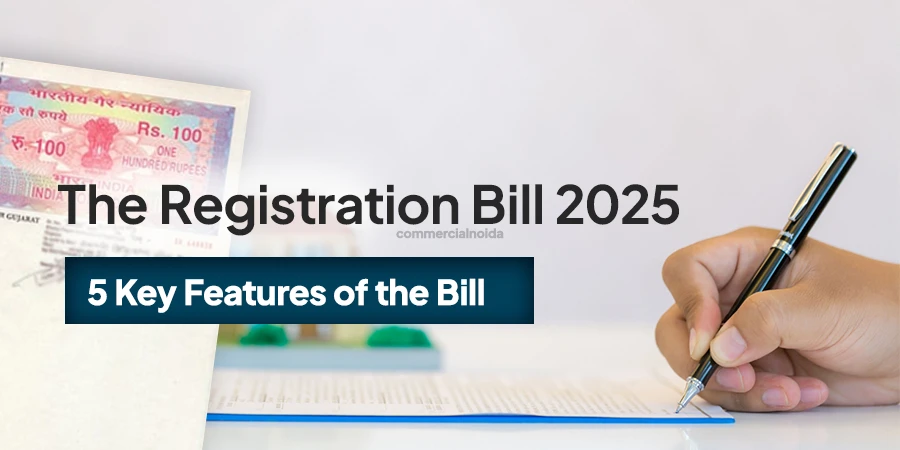



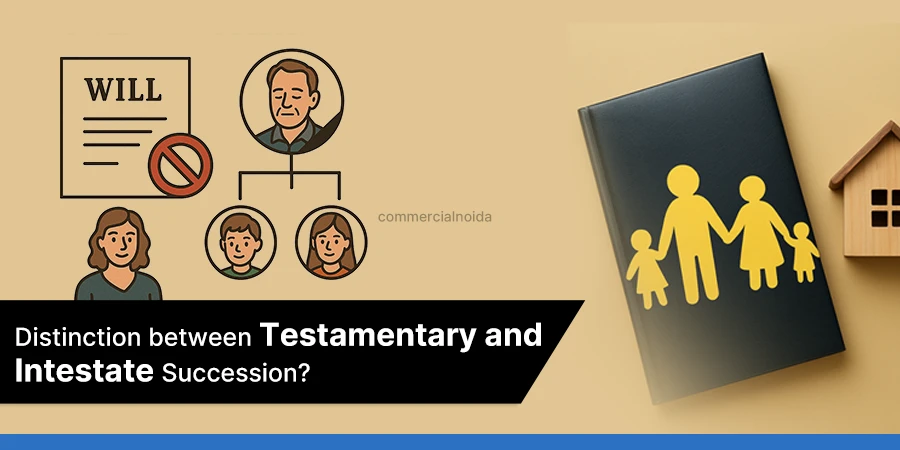






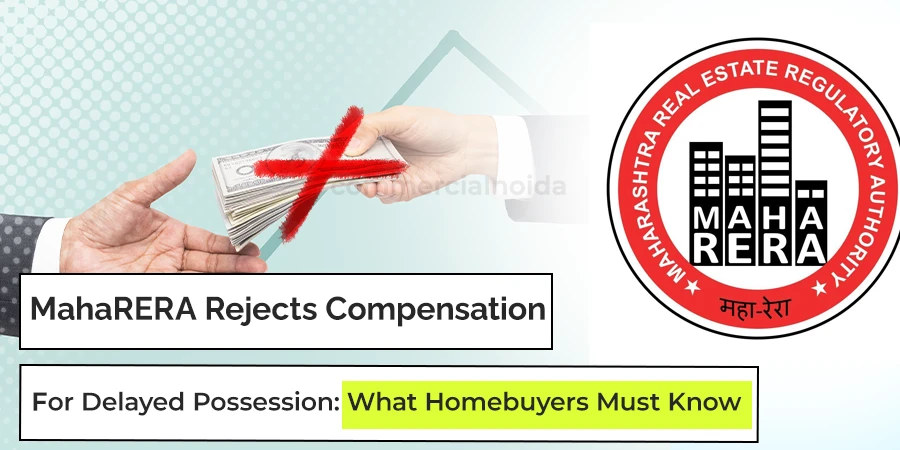


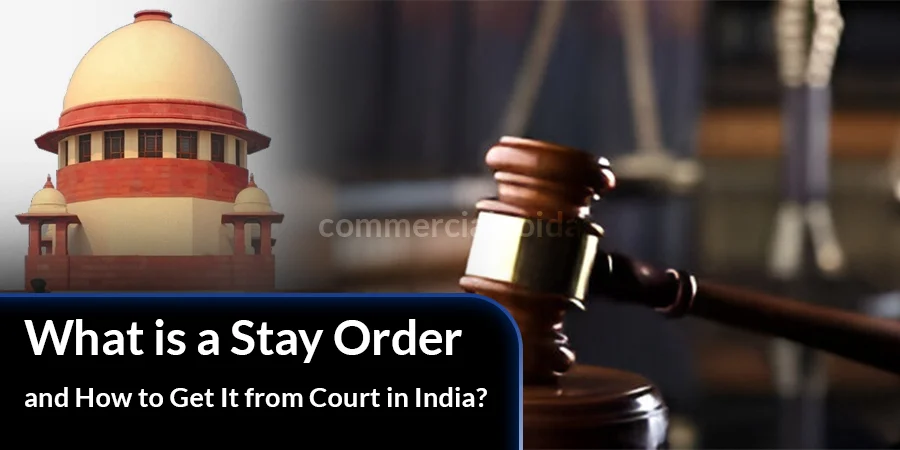


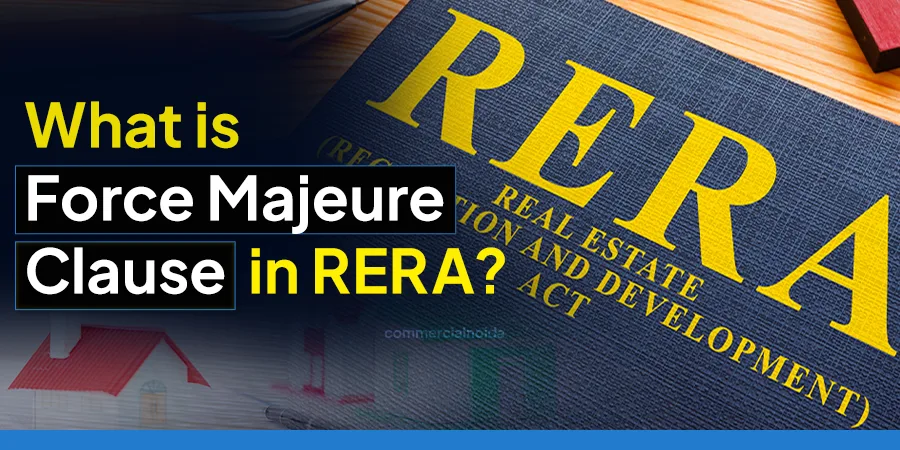




































































































































.webp)

































































































.webp)
















































































.webp)
































































































